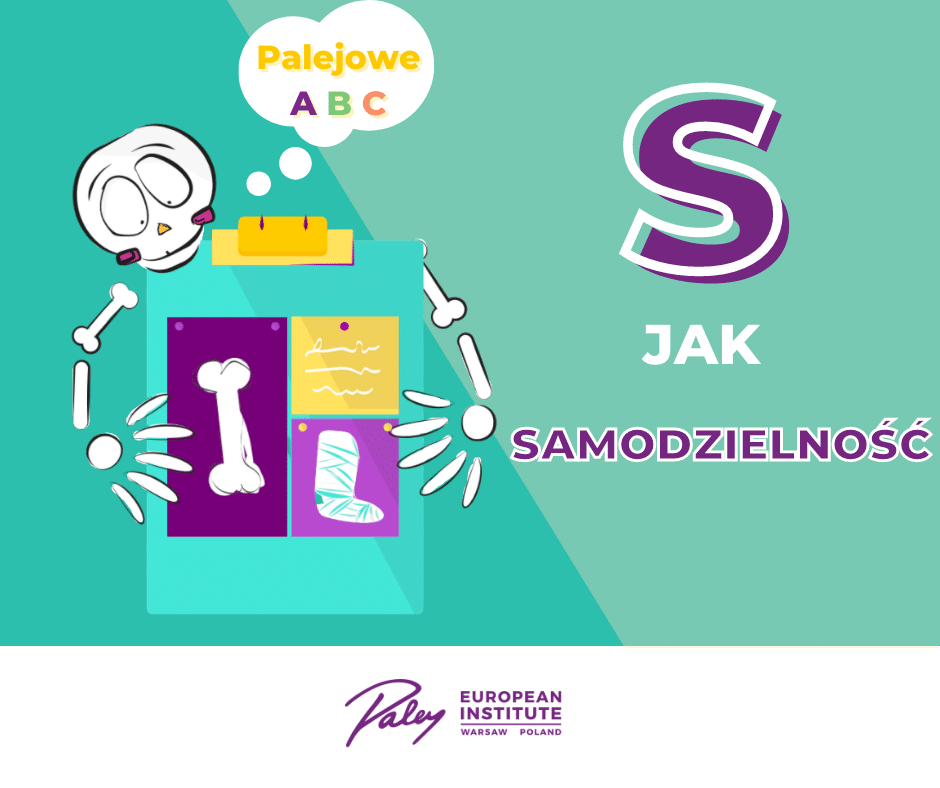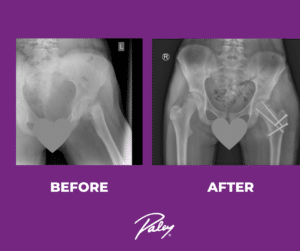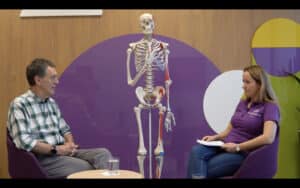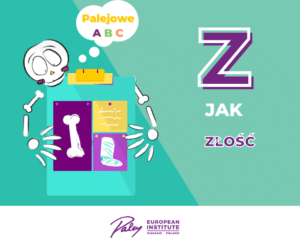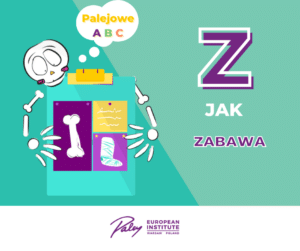As we watch young children, we can see how they try to become more and more independent every day. All developmental milestones – the first smile, turning to the side or tummy, crawling, first steps – all the next steps on the way to independence. Then comes the time for self-feeding with a spoon, taking off diapers, and climbing stairs. And finally the child, or rather a teenager, announces that he will be back late and not to wait with dinner, because he will eat out.
Children naturally strive to do their daily activities on their own. Developing independence is important for building a sense of agency and self-esteem. As the child acquires new experiences and masters the next activities, the child also learns perseverance and coping with frustration. After all, learning to walk, jump, use a spoon or ride a bike takes a lot of time.
Adults have a tendency to rush things sometimes – this also applies to independence. In our culture, there is a strong emphasis on independence in children practically from the first days of life – falling asleep independently, sleeping all night in your room, staying without crying in a nursery and kindergarten, etc. However, faster is not always better (and easier). For a child to be willing to explore his surroundings and feel comfortable in the world and among other people, he must first have a secure relationship with the primary caregivers. The more love, care and security they get in the first years of their life, the more willing they are to go out into the world. He will be sure that, if necessary, he can always return to his safe base, which is waiting for him among people close to him.
What to do if, however, it seems to us that the child is not sufficiently independent for his age?
First, let’s look at our responses to the child’s behavior. Do we allow him to try and make mistakes? Does he have enough time to dress independently, tie shoelaces, solve his first conflicts? Or maybe by wanting to help or speed up the exit, do we help the child and thus prevent him from training what he is keen on?
How often in your home you hear “give it, I’ll do it” (because it will be faster, better, more efficient, cleaner, etc.)? By doing activities for the child, we may initially actually make it easier for ourselves and speed up the completion of the task. However, in the long run, doing so does more harm than good to both parties – both the child and the parents. A child who is still doing things for and stressing that he or she cannot do as well and quickly as a parent will eventually become discouraged from trying and learning. She will count on her parent’s help – however, it will quickly turn out that not only when tying shoes or putting on a jacket, but also in putting a meal on a plate, serving toys, drawing and all other activities that you previously wanted to do yourself and wanted to do.
Toddlers love to do things on their own – even if it comes with some inconvenience for parents. At some point, depending on the child’s development, but usually around the second birthday, frequent words spoken by children are “me / me” and a formidable “NO” to parents. These are all manifestations of developing independence and independence that are worth supporting.
How? For example, by letting children learn new things through trial and error (while of course taking care of basic safety rules). Above all, time and patience are needed, so it is not worth introducing changes when we are in a hurry and are already late.
In the case of a resolute child, let’s also NOT take a look at how often we refuse a child and ban certain things. Is it really necessary? Maybe some of these restrictions and prohibitions should be forgotten? Maybe some of them can be replaced with our YES? Maybe a child can do certain things under our supervision and care? The more often a child hears YES from us, the more willingly he or she will obey our NO, which will be reserved for exceptional and important matters (e.g. putting hands on contacts or opening a hot oven).
More freedom in a child’s life means not only caring for the development of his independence, but also caring for himself and his peace of mind. It may turn out that it will require a slight rearrangement or relocation of valuable things to a higher shelf for a while, but it is worthwhile. Young children are not yet able to control their behavior and predict the consequences of their actions, so our prohibitions may not bring the desired results. Instead, they will lead to parents who are still upset and mischievous.
Sources of knowledge and inspiration thanks to which this article was created:
- Bowlby, J. (1956). The growth of independence in the young child. Royal Society of Health
- Journal, 76, 587-591
- Grolnick, W. S., Frodi, A., & Bridges, L. (1984). Maternal control styles and the mastery motivation of one-year-olds. Infant Mental Health Journal, 5, 72-82
